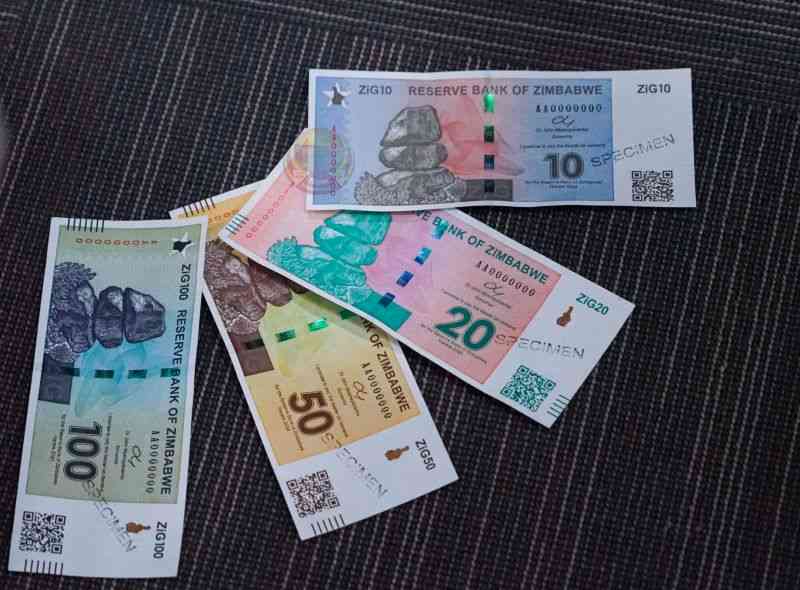
IMPOSING punitive taxes and fees on businesses does not augur well for growth of a country’s economy, as it scares away investors.
Progressive economies rise because governments support business through relaxed and sustainable taxes and other policies to give leverage for corporate success.
The Finance and Economic Development ministry and its counterparts such as the Industry and Commerce ministry are aware of this.
It is not something new.
In their various correspondences with government, organisations like the Confederation of Zimbabwe Industries have repeatedly stressed this point.
However, their advice appears to be falling on deaf ears.
In Zimbabwe businesses are viewed as cry-babies, or rent-seeking capitalists.
Yes, there may be bad apples among businesses that must be monitored and punished for their transgressions, but the majority are good corporate citizens, who must be encouraged to invest and help Zimbabwe rebound.
- Chamisa under fire over US$120K donation
- Mavhunga puts DeMbare into Chibuku quarterfinals
- Pension funds bet on Cabora Bassa oilfields
- Councils defy govt fire tender directive
Keep Reading
But what has been taking place on the fees and taxes fronts since the economic crisis erupted 22 years ago has not been progressive.
Authorities need to read a statement submitted to Parliament by ZimTrade last week, spelling out how punitive export permit fees have grounded horticultural exports.
Markets are being lost to countries like South Africa, Tanzania, Kenya and Guatemala, all of which charge cheaper export permit fees to facilitate international trade.
In a development that brought into question the effectiveness of Zimbabwe’s campaign to trim business costs, ZimTrade revealed that floriculture export permits were 35,7 times expensive in some cases for Zimbabwe, compared to the country’s peers in the region. High production costs have a bearing on the prices that farmers charge for exports. Across all forms of exports, Zimbabwe is rated among the most expensive in the region, a development that has pushed potential markets to alternative producers.
For instance, Zimbabwean exporters pay US$1 000 to be granted rights to export flowers while the South African government charges US$28 for the same permit.
One doesn’t need to be an economist to understand why horticultural exports have plummeted.
Markets want reasonably priced products, but what comes out of Zimbabwe is certainly beyond the reach of many.
Exporters are bearing the brunt of bad policies in Zimbabwe, with huge implications on the economy in general.
There has been carnage on jobs in the industry, with dire effects on farm labour, along with pay-as-you-earn inflows into the State coffers.
Corporate tax has also been affected as companies are either making losses or folding because markets are dwindling.
Authorities cover up for their inefficiencies and economic mismanagement by raising taxes.
This is unsustainable, and last week’s warning shots by ZimTrade must serve as a wake-up call.











